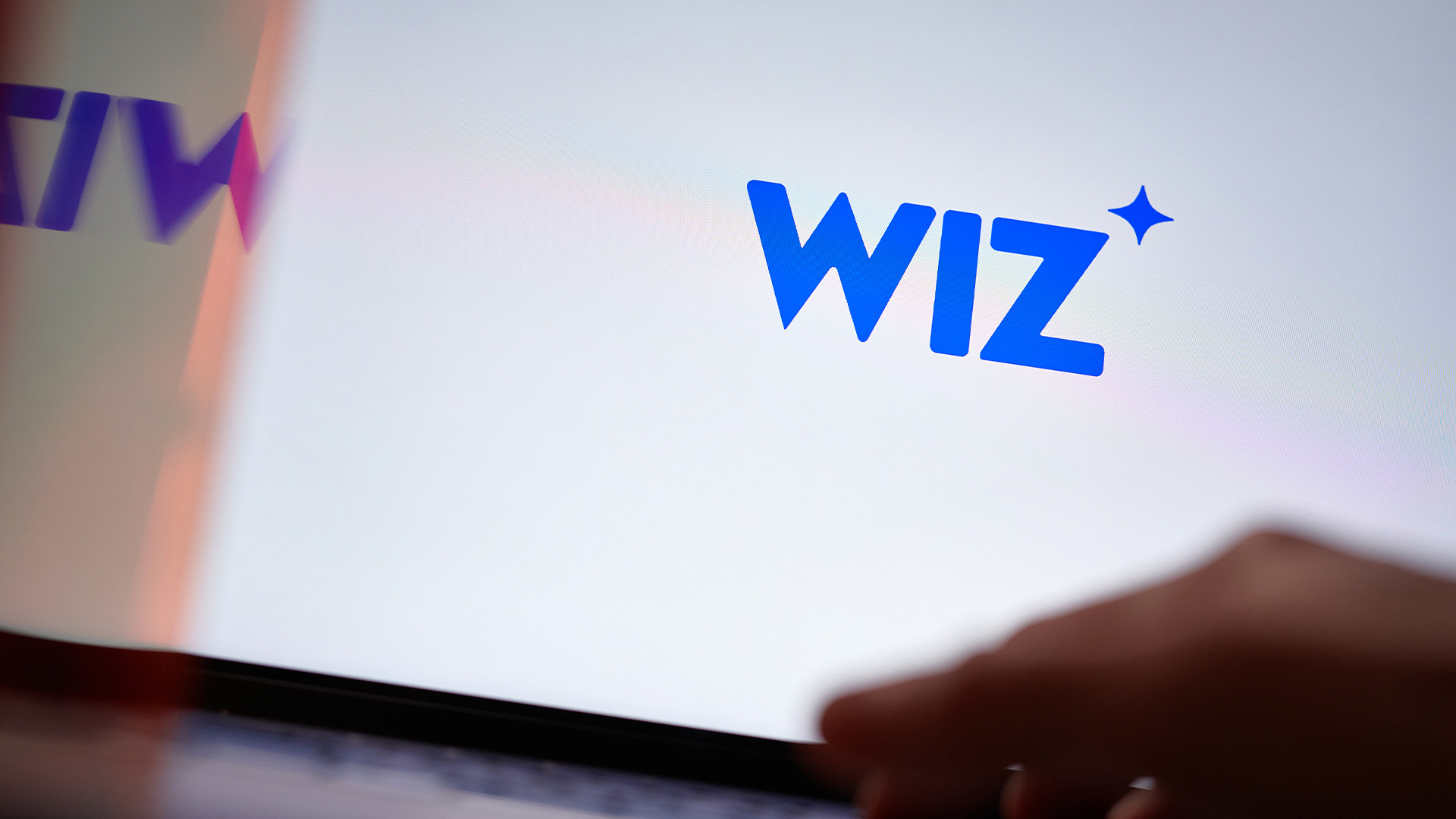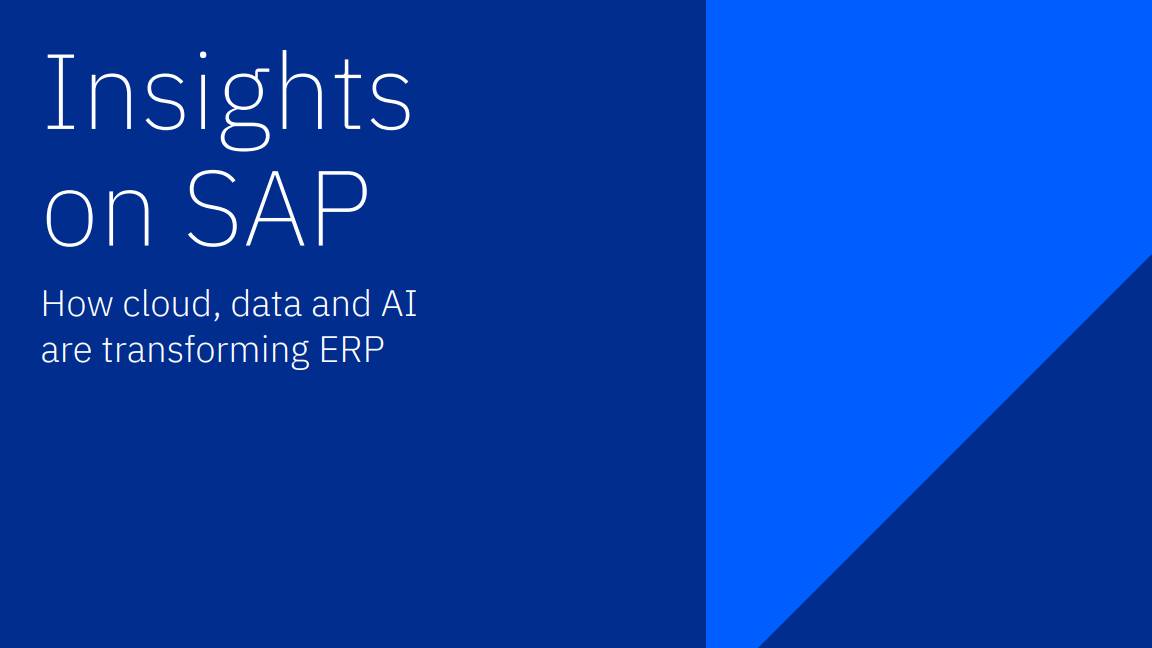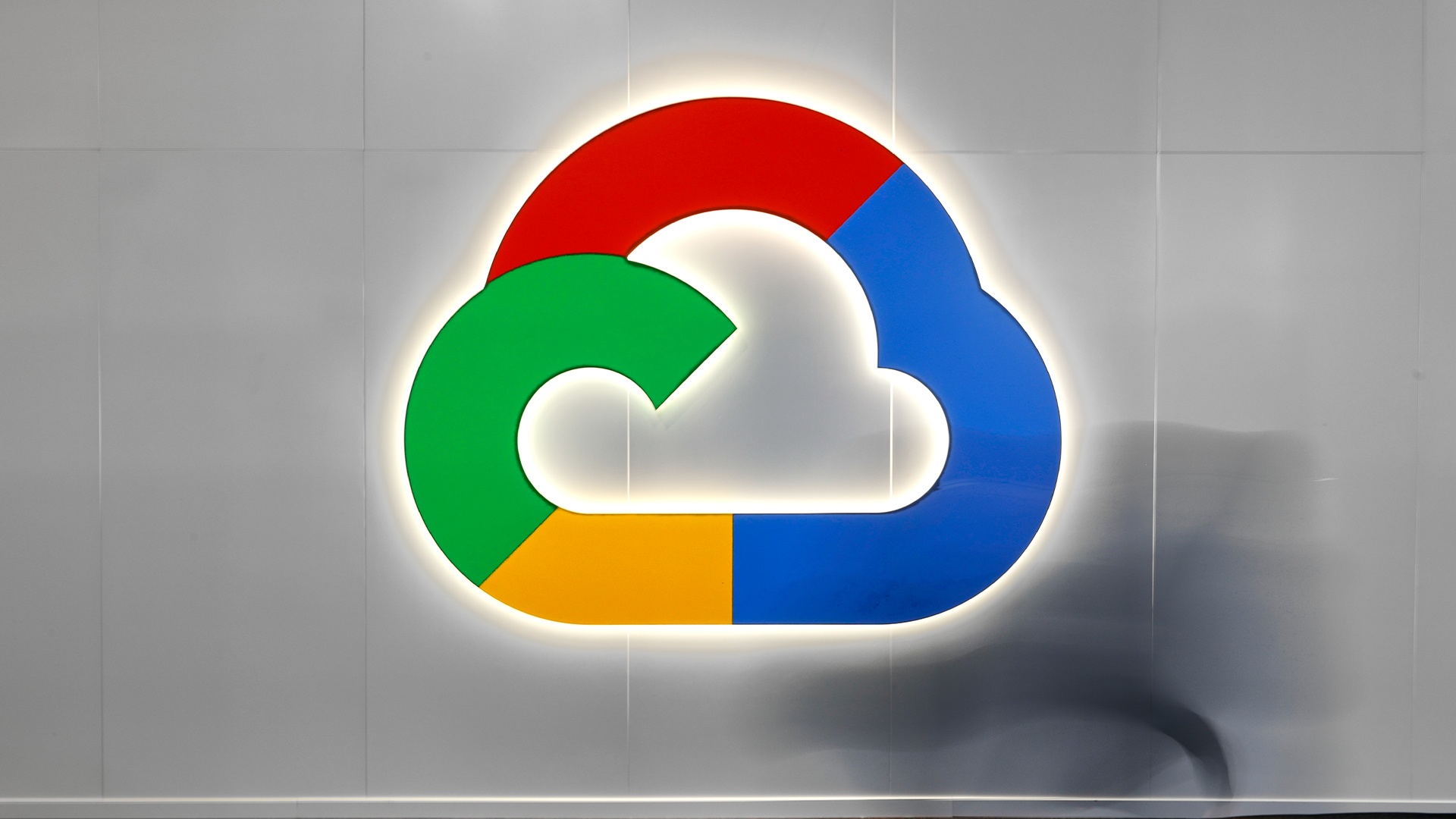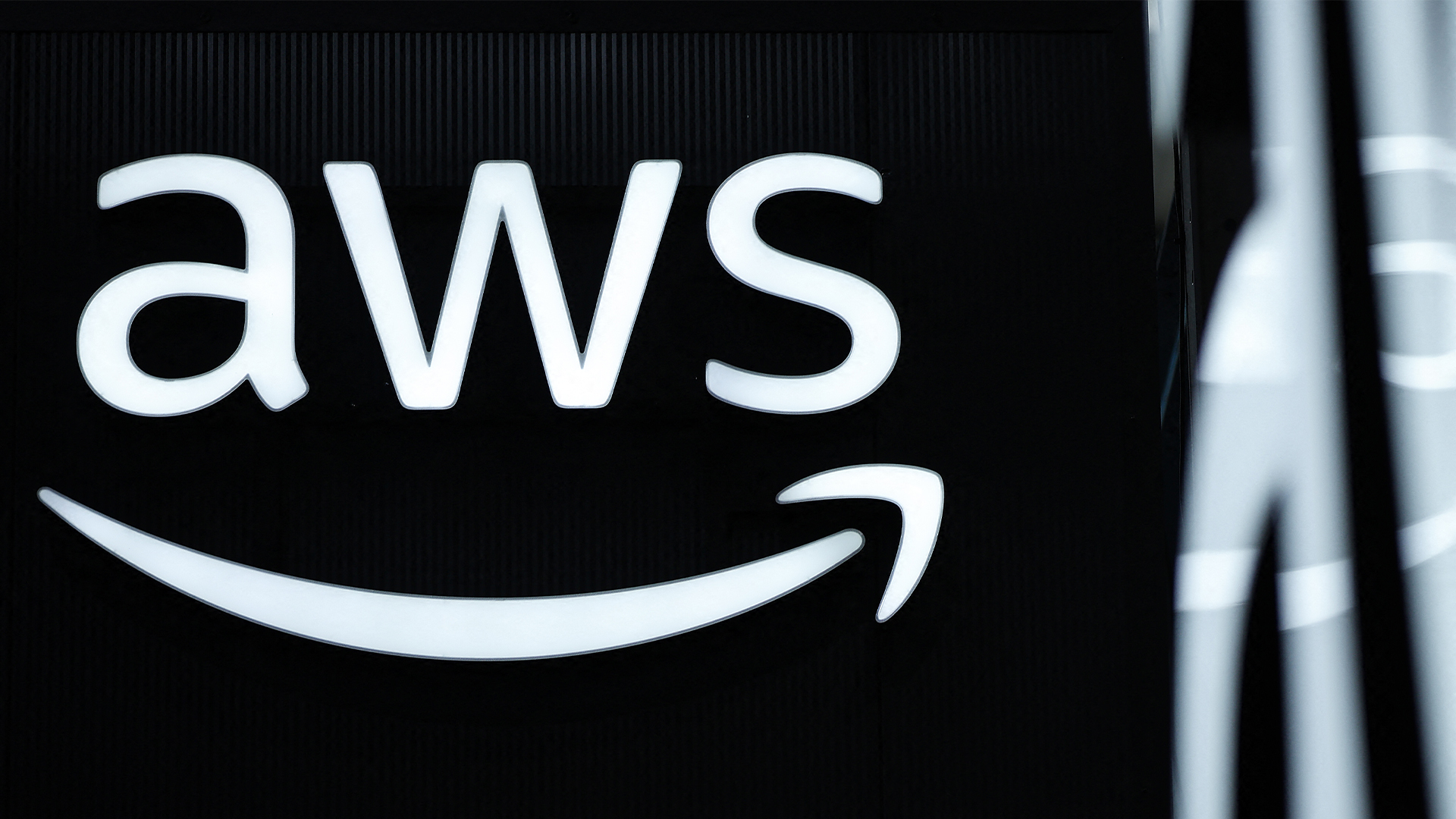Why the Wiz acquisition makes perfect sense for Google
Bringing Wiz under the Google umbrella would markedly improve the tech giant’s cybersecurity capabilities


Google’s rumored acquisition of cyber security startup Wiz makes sense for the tech giant and would represent a bold effort to bolster its cloud security capabilities, analysts have told ITPro.
Speculation over a potential move began circulating over the weekend, with initial reports from the Wall Street Journal suggesting the deal could be worth $23 billion, making it Google’s most expensive acquisition ever.
This alone speaks volumes, according to Charlie Winckless, VP analyst for cloud security at Gartner. He told ITPro that an acquisition of this size represents a major signal of intent for Google.
“It’s an extremely large acquisition,” he said. “And it’s very much tied into Google’s cloud approach. It’s [Wiz] a very strong brand with strong capabilities in the cloud native application protection platform (CNAPP) space.”
Notably, Winckless said the valuation touted for this deal is larger than the estimated market capitalization of the CNAPP market.
Specializing in cloud security, Wiz is a relatively young company, having been founded in 2020. The company’s flagship tools provide users with a cloud native security platform that offers threat prevention and rapid incident response capabilities.
With organizations shifting en-masse to the cloud during the onset of the Coronavirus pandemic, a sharp demand for cloud security services saw the company expand rapidly. In the space of four years, the New York-headquartered firm’s headcount has grown to around 900, and earlier this year it was valued at $12 billion.
Sign up today and you will receive a free copy of our Future Focus 2025 report - the leading guidance on AI, cybersecurity and other IT challenges as per 700+ senior executives
It boasts around 40% of Fortune 100 companies as its clients and works with a number of leading brands including Salesforce, BMW, as well as AWS and Microsoft – Google’s leading competitors in the cloud space.
This rapid growth underlines the insatiable appetite for cloud security tools in the enterprise, Winckless noted.
“They are a necessity, whether provided by the cloud provider themselves – and each of the cloud providers provides these capabilities within their cloud – or for the many organizations that are intentionally or accidentally in a multi-cloud strategy,” he said.
“These tools provide consistent visibility across major hyperscaler environments. bring together many of the components of cloud risk.”
Google Cloud CEO Thomas Kurian is believed to be the key proponent of a move to acquire the startup, according to the New York Times, which again highlights where the company’s intentions lie.
Any potential acquisition would markedly improve the tech giant’s capabilities amidst what is an increasingly perilous time for organizations operating in the cloud.
Cloud security threats have increased rapidly in recent years. With enterprises now hosting much of their critical data in the cloud, these environments are viewed by threat actors as a highly lucrative target - especially sophisticated, state-backed ransomware groups.
Research from CrowdStrike earlier this year, for example, noted that rapid growth in this domain means the cloud is becoming a “major battleground for cyber attacks”.
With this in mind, it makes sense that Google would want to further add to its portfolio and provide cloud customers with a wider array of tools to contend with rising threats.
“I think cloud is the major battleground for cyber attacks largely because the cloud is part of everybody’s IT infrastructure at this point,” Winckless said. “The cloud is an increasingly critical, if not already critical part of at least 80% of organizations.
“It’s newer and requires the same security outcomes but must be delivered with different tools and different approaches. That means there’s an exposure there for organizations.”
Wiz acquisition will “jump-start” Google’s cloud security goals
Notably, Winckless said this acquisition will “jump-start Google’s presence” in the cloud security market. The company already boasts an impressive roster with regard to cybersecurity, having acquired Mandiant in 2022 as part of a $5.4 billion deal.
That same year saw Google acquire Israeli startup Siemplify in a $500 million deal to further bolster its ‘Chronicle’ cloud security initiative.
What this acquisition also signals heavily, however, is the company’s continued efforts to improve multi-cloud security capabilities. While public cloud still dominates the industry, enterprises are increasingly moving toward a multi-cloud approach, whereby they use two or more major cloud providers.
Earlier this year, the firm expanded its Security Command Center Enterprise to provide users with extended security capabilities across multi-cloud environments, such as AWS. With this acquisition, Google will essentially be hedging its bets by expanding security tools to work across a wider range of providers.
RELATED WHITEPAPER

“Wiz has better coverage and moves into Azure,” Winckless said. “So it really moves them very far forward in this and associates them with a strong brand in the security space. Mandiant was, and is, a very strong brand.”
Google’s counterparts in the cloud computing space have been expanding their multi-cloud security capabilities, Winckless noted, which may be a key motivating factor in this deal.
“We have seen efforts from the other cloud providers, Microsoft in particular, to expand their coverage of other clouds with Microsoft Defender CSPM. And this really puts Google head to head with that offering in that space.”
Dr Marc Manzano, general manager for cybersecurity at SandboxAQ, echoes Winckless’ thoughts in this regard, adding that Google has traditionally lagged behind AWS and Azure on this front.
“Following its acquisitions of Mandiant and Siemplify, the potential acquisition of Wiz highlights Google's ambition to dominate the cloud security space,” he said.
“Wiz's technology can be utilized to protect infrastructure across AWS, Azure, and other cloud platforms, so this move would enable Google to build connections to other cloud providers"

Ross Kelly is ITPro's News & Analysis Editor, responsible for leading the brand's news output and in-depth reporting on the latest stories from across the business technology landscape. Ross was previously a Staff Writer, during which time he developed a keen interest in cyber security, business leadership, and emerging technologies.
He graduated from Edinburgh Napier University in 2016 with a BA (Hons) in Journalism, and joined ITPro in 2022 after four years working in technology conference research.
For news pitches, you can contact Ross at ross.kelly@futurenet.com, or on Twitter and LinkedIn.
-
 Microsoft wants to replace C and C++ with Rust by 2030
Microsoft wants to replace C and C++ with Rust by 2030News Windows won’t be rewritten in Rust using AI, according to a senior Microsoft engineer, but the company still has bold plans for embracing the popular programming language
-
 Google drops $4.75bn on data center and energy firm Intersect
Google drops $4.75bn on data center and energy firm IntersectNews The investment marks the latest move from Google to boost its infrastructure sustainability credentials
-
 Cloud infrastructure spending hit $102.6 billion in Q3 2025 – and AWS marked its strongest performance in three years
Cloud infrastructure spending hit $102.6 billion in Q3 2025 – and AWS marked its strongest performance in three yearsNews Hyperscalers are increasingly offering platform-level capabilities that support multi-model deployment and the reliable operation of AI agents
-
 Google Cloud teases revamped partner program ahead of 2026
Google Cloud teases revamped partner program ahead of 2026News The cloud giant’s new-look partner ecosystem shifts focus from activity tracking to measurable customer outcomes
-
 What Palo Alto Networks' $10bn deal with Google Cloud means for customers
What Palo Alto Networks' $10bn deal with Google Cloud means for customersNews The extension of an existing partnership between Palo Alto Networks and Google Cloud is designed to boost security amid rise in AI
-
 Cohesity deepens Google Cloud alliance in data sovereignty push
Cohesity deepens Google Cloud alliance in data sovereignty pushNews The pair’s expanded collaboration will focus on new integrations for AI, cybersecurity, and data protection
-
 Google Cloud introduces ‘no-cost’ data transfers for UK, EU businesses
Google Cloud introduces ‘no-cost’ data transfers for UK, EU businessesNews Google Cloud's new Data Transfer Essentials service will allow enterprises to transfer data to alternative providers at no extra cost.
-
 Google strikes big win with $10 billion Meta cloud deal
Google strikes big win with $10 billion Meta cloud dealNews As Meta continues its AI drive, the company is looking outside for the necessary infrastructure
-
 Is AWS' cloud dominance waning? New stats show the hyperscaler's IaaS market share is decreasing while Microsoft and Google record gains
Is AWS' cloud dominance waning? New stats show the hyperscaler's IaaS market share is decreasing while Microsoft and Google record gainsNews AWS maintained its lead in the IaaS market last year, but its share decreased while Microsoft and Google recorded gains.
-
 US companies dominate the European cloud market – regional players are left fighting for scraps
US companies dominate the European cloud market – regional players are left fighting for scrapsNews Synergy data shows EU providers hold just 15% of the market despite rise in AI and drive for cloud sovereignty